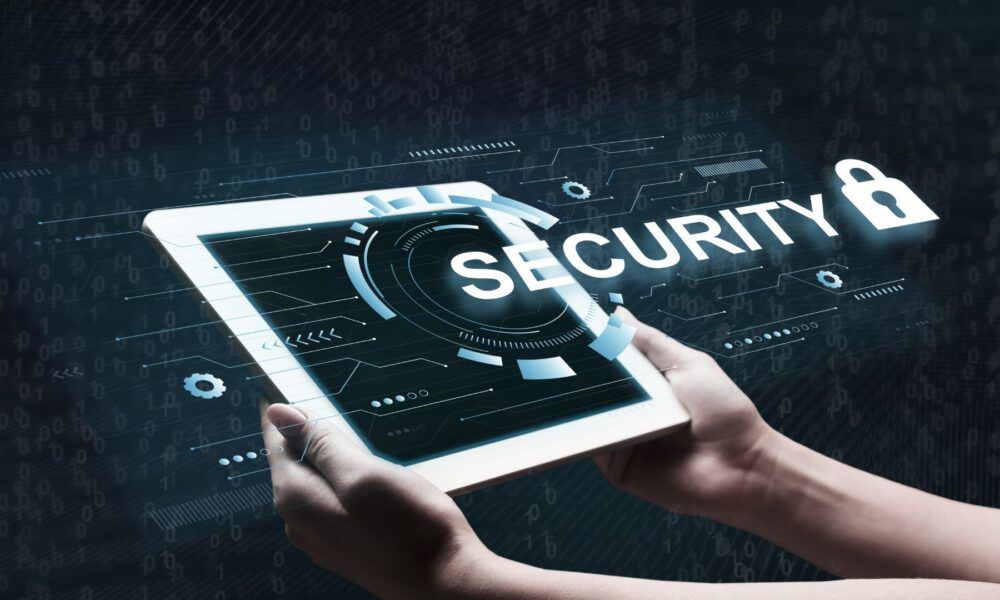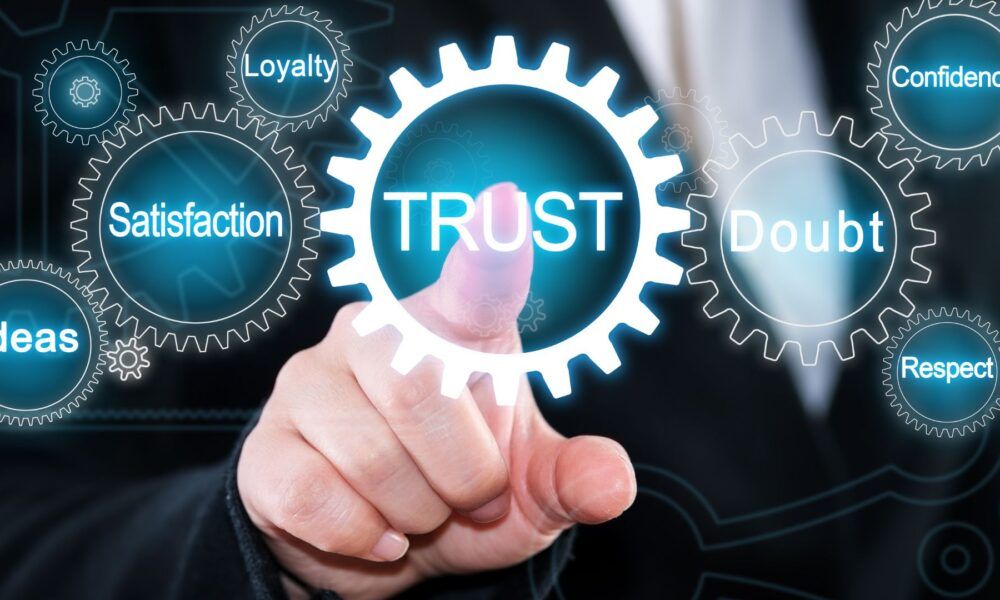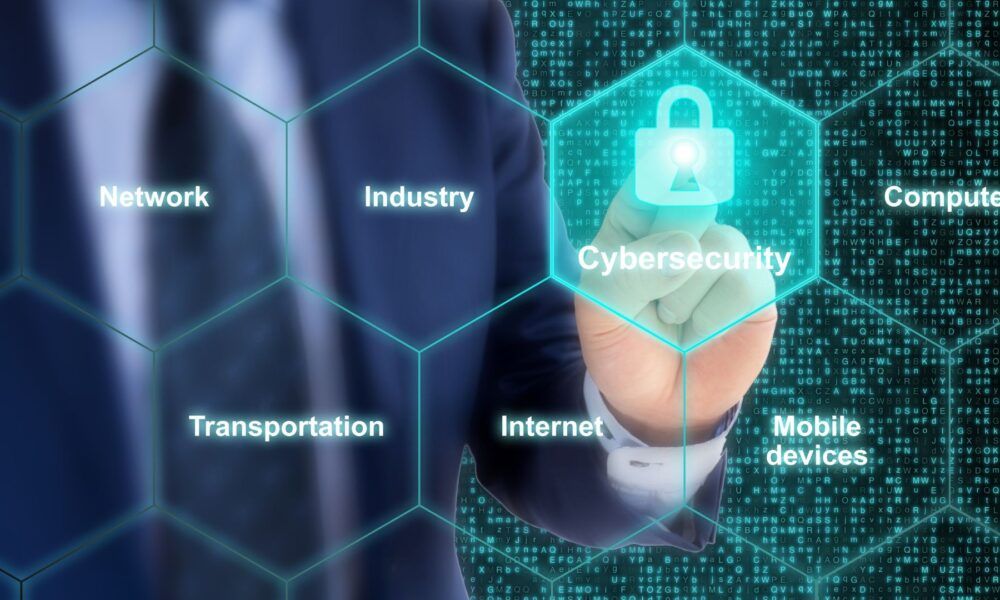
Cybersecurity used to be seen as an area. Now it plays a crucial role in our daily lives in an age where almost everything—, from banking to dating—has shifted to digital platforms. As we rely more on tools cyber threats also become increasingly complex highlighting the importance of cybersecurity for safety business operations and even national security. Therefore it’s vital to assess the landscape of cybersecurity including its weaknesses and its relevance, for everyone.
The cybersecurity environment is always changing as we encounter types of threats, like phishing attacks and ransomware incidents that are getting more advanced, in nature from cybercriminals. Every day introduces software programs and techniques aimed at getting around security measures. In 2023 there were instances where companies and individuals fell prey to ransomware attacks demanding large amounts of money. Phishing schemes are not a phenomenon; however they now appear as authentic deceptions that are challenging to spot at times.

Privacy is Not Just Some Buzzword:
The more we open our online lives the richer is reservoir of our data. Organizations such as tech giants, data brokers collect information about our visits on a website or processing biometric information. Part of it is used to strengthen services, but for the rest simply represent a target in front of cybercriminals. If leaked to the wrong person, thieves could steal our identity and an attacker can do anything from plundering your savings account right up to disaster.
In response, governments passed data privacy laws including the European GDPR and California CCPA giving individuals control over their own information. However, privacy is more than mere regulation and refers to making choices of what we share with others about who can access it. Setting strong passwords, using two-factor auth and maintaining updated software are some of the things we can do in order to safeguard our online identity.

Cybersecurity’s Human Achilles Heel:
Human is the weakest link in cybersecurity, no matter how many advancements we make to technology to be secure. Although email quick messages, strong swimmers believing superfast phishing emails are bearers of secured and sovereign warrant speech remains the most happy hunting ground for cyber phishermen — now more than ever; even pedigreed professionals have been known to click. Social engineering attacks Goal are to exploit human nature, rather than rely on technology bypassing advanced defenses.
It is crucial to arrange the training of employees about the best cybersecurity practices. Human error When it comes to human behavior, awareness campaigns by themselves can significantly help lessen the risk through frequent phishing simulations as well cybersecurity training. And not only if you with technical defenses, but also based on human psychology and habits.

Accountability: Safeguarding Customer Trust:
This service gives telling ownership to the companies who wish to either secure their customer data or avoiding financial pit falls, as a result not only ethical responsibility is satisfied but also they are protected from fatal reputation damage. This data has resulted in countless high-profile breaches over the years, leaving millions of people exposed to one illegal activity or another — and financial penalties for those responsible as well.

Hacking:
Hacking is not just a technical problem for companies; it provides them with excellent customer service. Companies that value and maintain their IT infrastructure, keeping software updated as hackers develop new attack vectors (see adjacent feature) for unpatched programs like Windows XP), train employees on cybersecurity best practice are less likely to be breached. Also as cloud computing advances, corporations need to actively secure those environments and monitor that they are configured correctly.

The Future: AI, Quantum Computing & Beyond
Although cyber security is crucial for all companies, in fairness it can be argued that there are few sectors of the economy more reliant on advances in technology than agriculture. There are many ways AI can help to secure defenses such as detecting abnormal behavior patterns, carry out real-time threat detection and spotting potential vulnerabilities. On the negative cybercriminal front, AI can be used to automate attacks and discover previously unknown vulnerabilities.
Although quantum computing is quite primitive thus still far off likely, but it will be breaking the encryption standards with which protection of data seems to be problematic. While we forge ahead in these key sectors, security researchers are working to develop quantum-safe encryption methods — however at cyber-pace the race of secure-versus-exposure persists.

The Importance of Cybersecurity for Everyone:
It is easy to be led astray by the idea that cyber security only really matters for huge companies, or people who are experts in computers anyway. But the ways in which we use computers have changed: Nowadays, perhaps for the same reasons as Kim Jon-un and Sasha Grey (?), (as) ordinary citizens of an Internet-enabled world that increasingly look to banking online or using smart home devices, even just browsing at out leisure — our soft underbellies are exposed. Creating good cybersecurity practices, making ethical lifestyle choices and following updates on the newest danger nets can save humans in addition to businesses.
In today’s wired world, cybersecurity is not a choice, it is obligatory. Cybersecurity is about the highest stakes, and as long as there has been a battle in cyberspace — we need to fight it. Protecting our data and digital lives is not merely about technology, it concerns the very fabric of what we believe in as a society.
